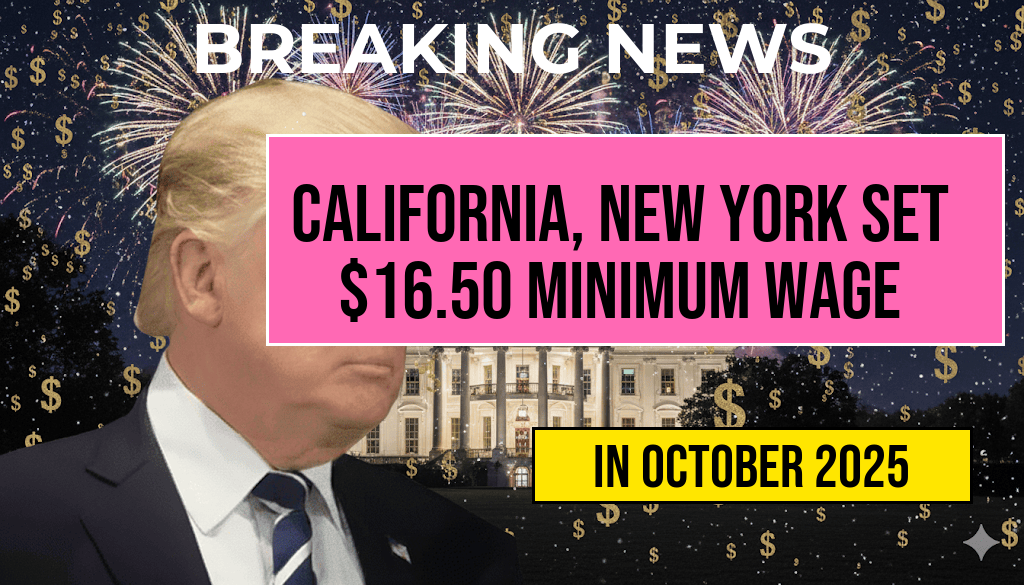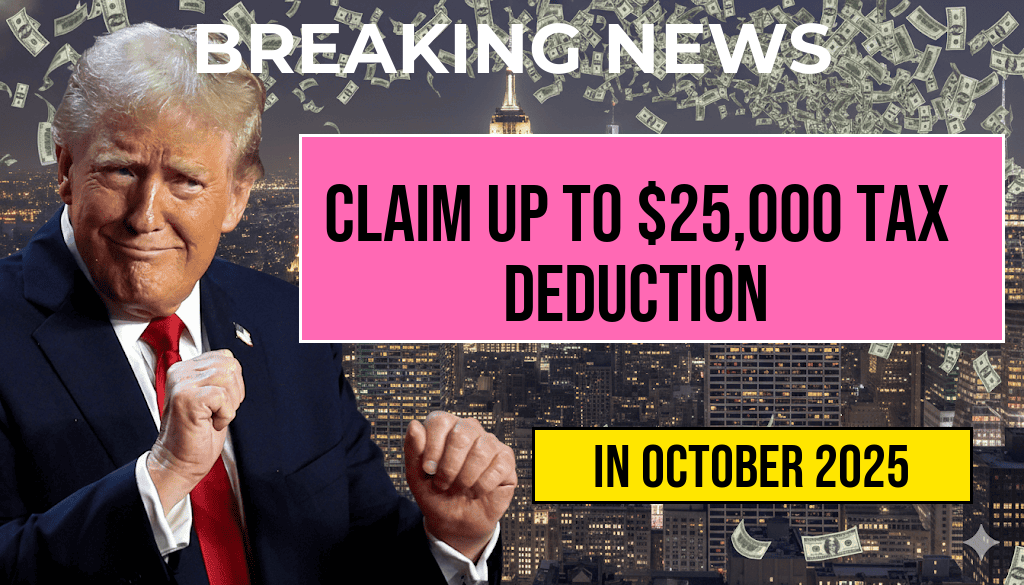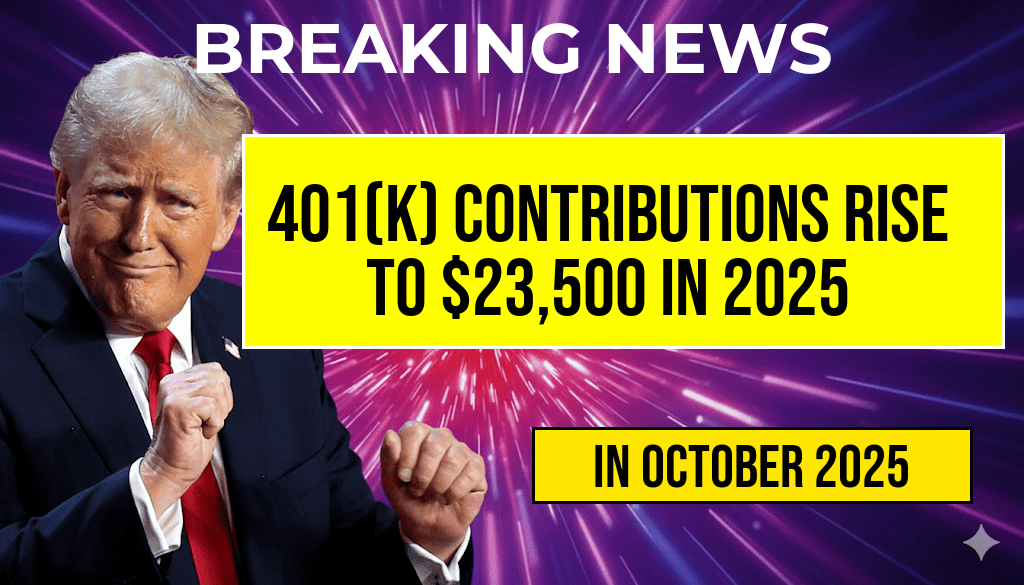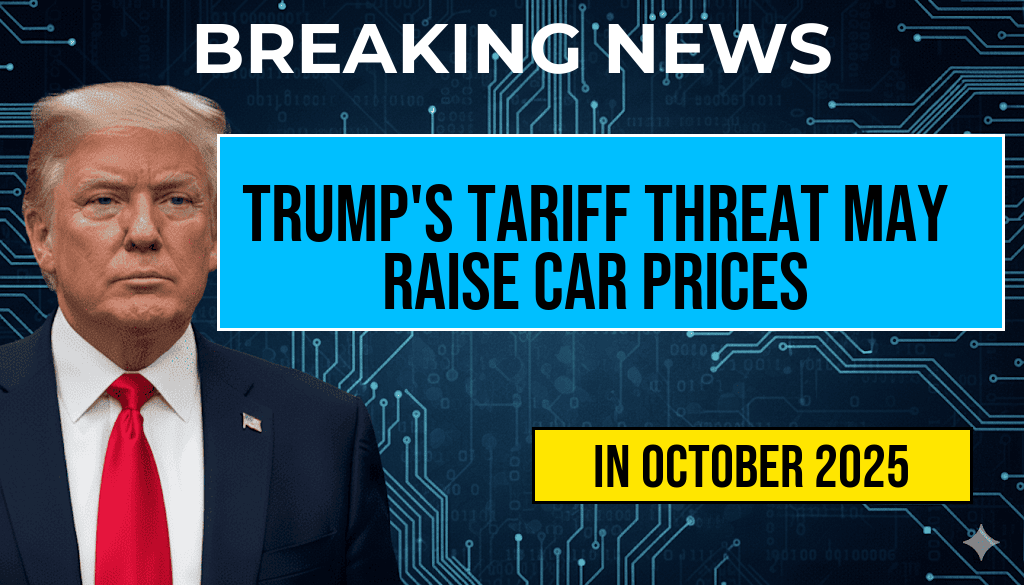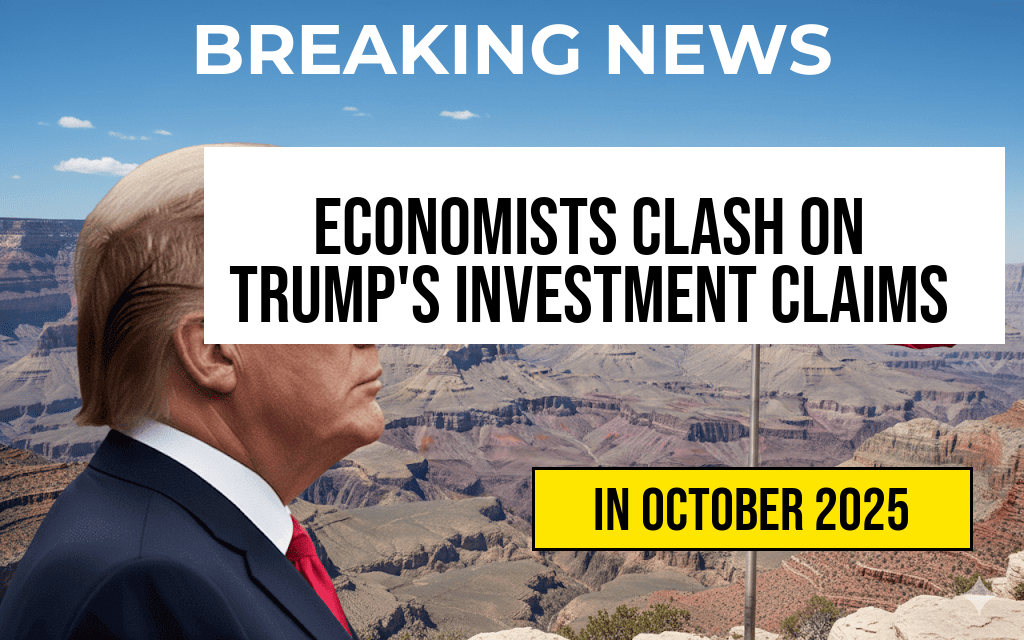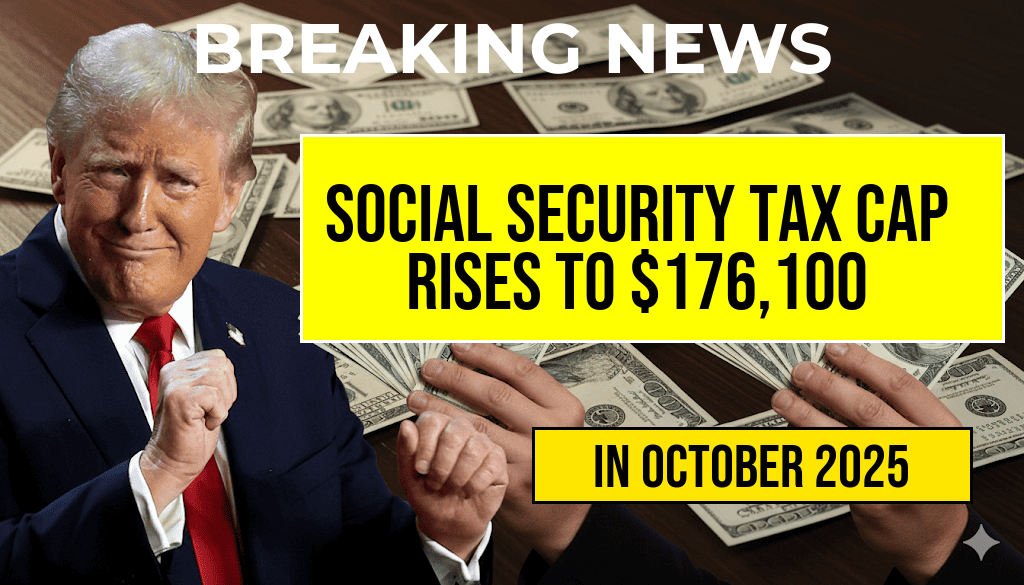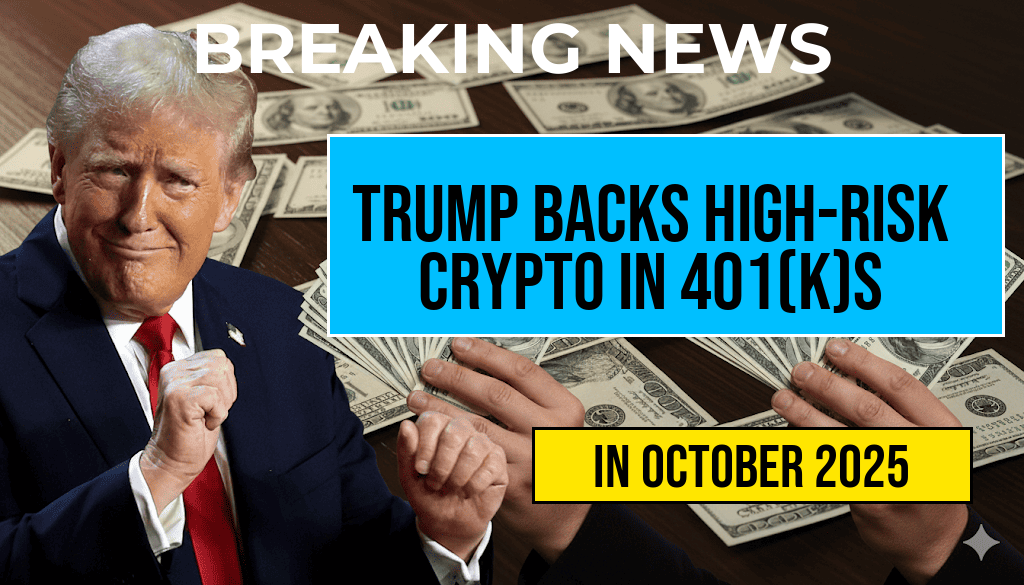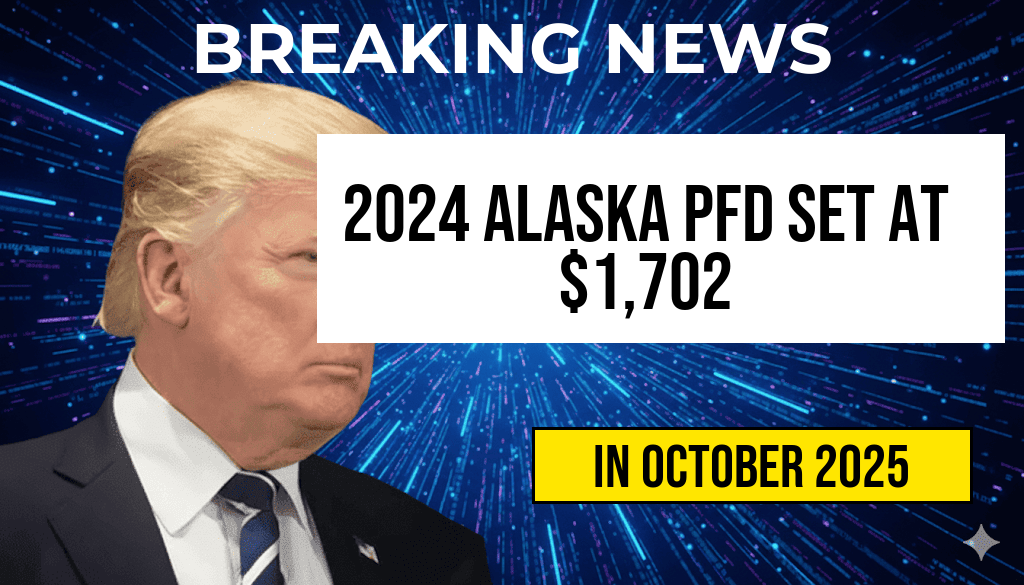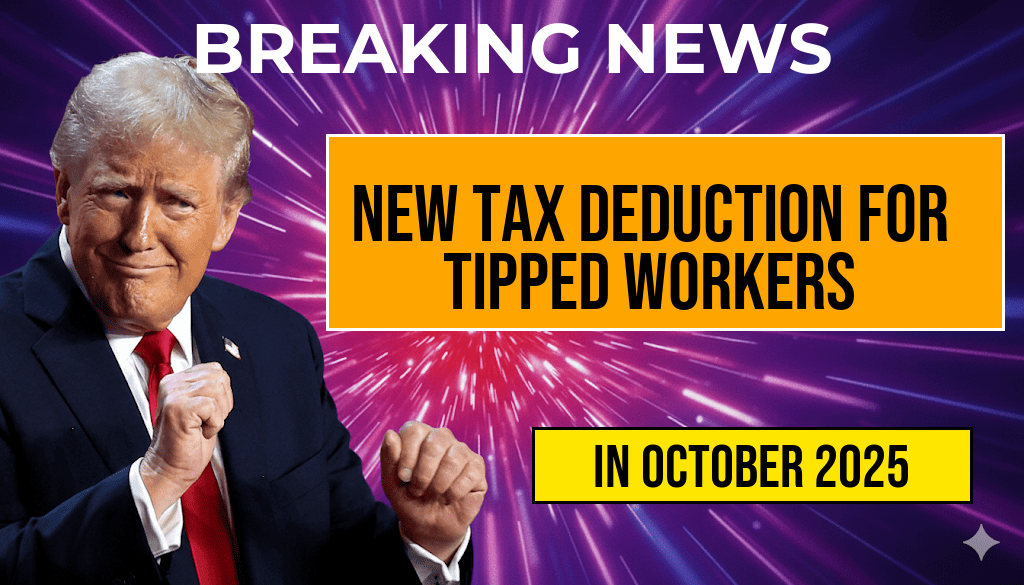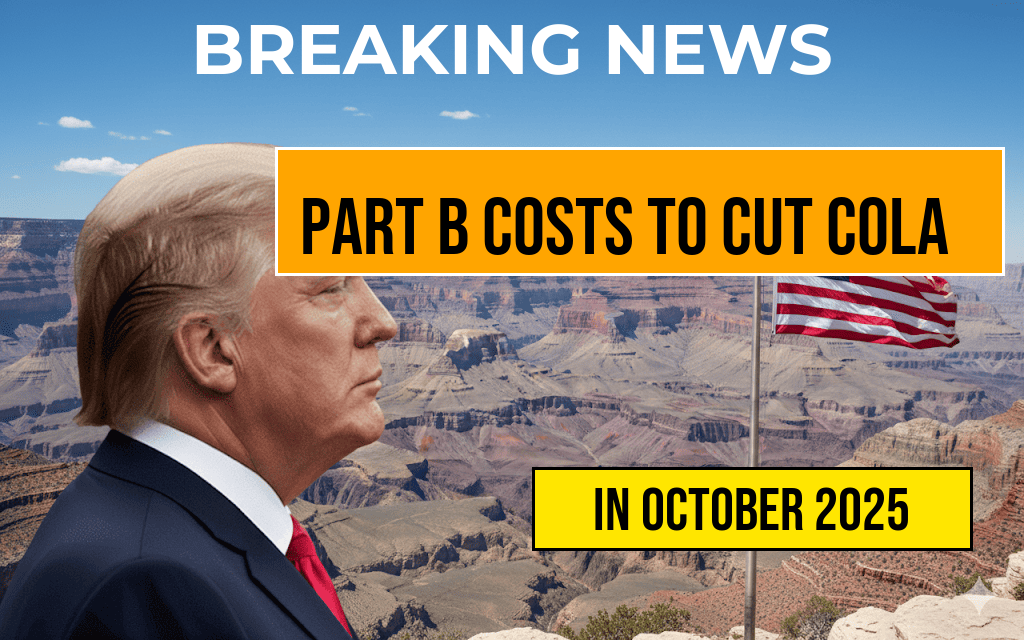Recent statements by former President Donald Trump regarding a potential $17 trillion global investment have ignited debate among economists and policy experts. Trump claims this investment would significantly bolster the U.S. economy and create millions of jobs, particularly in the infrastructure and energy sectors. However, experts within the field are divided, questioning the feasibility of such ambitious projections and the economic assumptions underpinning them. As the nation navigates recovery from the COVID-19 pandemic, the implications of Trump’s assertions could influence public sentiment and political discourse heading into the upcoming elections.
Understanding Trump’s Investment Claims
During a recent rally, Trump touted his plan for a sweeping global investment initiative, arguing that it would result in unprecedented economic growth. He framed it as a solution to various economic issues facing the U.S., including inflation and supply chain disruptions. The proposed plan includes substantial funding for infrastructure projects, renewable energy, and technological advancements.
Economic Projections: The Critics Speak
- Inflated Estimates: Some economists argue that Trump’s figures are unrealistic. They highlight that the U.S. economy is currently valued at approximately $26 trillion, making a $17 trillion investment seem overly ambitious.
- Sustainability Concerns: Critics are also skeptical about the long-term sustainability of such investments. Concerns about potential debt increases and the impact on future fiscal policy are prominent in discussions.
- Job Creation Assumptions: While Trump claims millions of jobs would be created, economists question the methodology behind these forecasts. They argue that job creation is influenced by various factors, not solely by investment levels.
Supporters of Trump’s Vision
On the other side of the debate, supporters point to historical precedents where massive investments have catalyzed economic growth. They reference programs like the New Deal and the interstate highway system as successful examples of government-led initiatives that transformed the American economy.
Potential Benefits of Large-Scale Investment
- Infrastructure Development: Investing in infrastructure could address aging roads, bridges, and public transportation systems, potentially creating jobs in construction and engineering.
- Renewable Energy Push: A focus on green energy could position the U.S. as a leader in the global shift toward sustainability, creating new industries and jobs in the process.
- Technological Innovation: Funding for tech development could spur advancements in artificial intelligence, healthcare, and other critical sectors, which could lead to significant economic returns.
The Political Landscape
As the debate continues, the political ramifications of Trump’s investment claims are becoming increasingly apparent. With the 2024 presidential election on the horizon, these assertions could significantly impact voter sentiment and party strategies. Many Republican leaders are rallying around Trump’s vision, seeing it as a way to galvanize support among the party base.
A Divided Economic Community
Economists are split down the middle on the issue. While some see potential in Trump’s ambitious investment plans, others warn of the risks associated with such high-stakes economic strategies. A recent survey conducted by the National Association for Business Economics highlighted this divide, with 52% of respondents expressing skepticism regarding the feasibility of Trump’s claims.
| Viewpoint | Percentage |
|---|---|
| Support Trump’s Claims | 48% |
| Oppose Trump’s Claims | 52% |
Looking Ahead
The discussion surrounding Trump’s $17 trillion global investment claims is likely to evolve as more economic data becomes available and the political landscape shifts closer to election time. Economic forecasts, political endorsements, and public opinion will all play critical roles in shaping the narrative. As the nation grapples with pressing economic challenges, the implications of these claims may resonate far beyond the campaign trail.
For more information on economic projections and investment strategies, you can visit Wikipedia or check insights from Forbes.
Frequently Asked Questions
What is the main claim made by Trump regarding global investment?
Trump claims that his policies will generate $17 trillion in global investments, which has sparked significant debate among economists.
Why are economists divided on Trump’s investment claims?
Economists are divided because some believe the projected figures are overly optimistic, while others argue that they may be achievable under certain conditions.
What factors are considered in evaluating Trump’s investment projections?
Factors include economic policies, market conditions, and historical data on investment trends, which all play a crucial role in assessing the validity of the claims.
How does Trump’s investment claim impact international relations?
The claim could influence international relations by affecting foreign investor confidence and altering perceptions of the U.S. economy on a global scale.
What are the potential benefits or drawbacks of such a high investment projection?
Potential benefits include increased job creation and economic growth, while drawbacks may involve unrealistic expectations leading to disappointment if the targets are not met.

